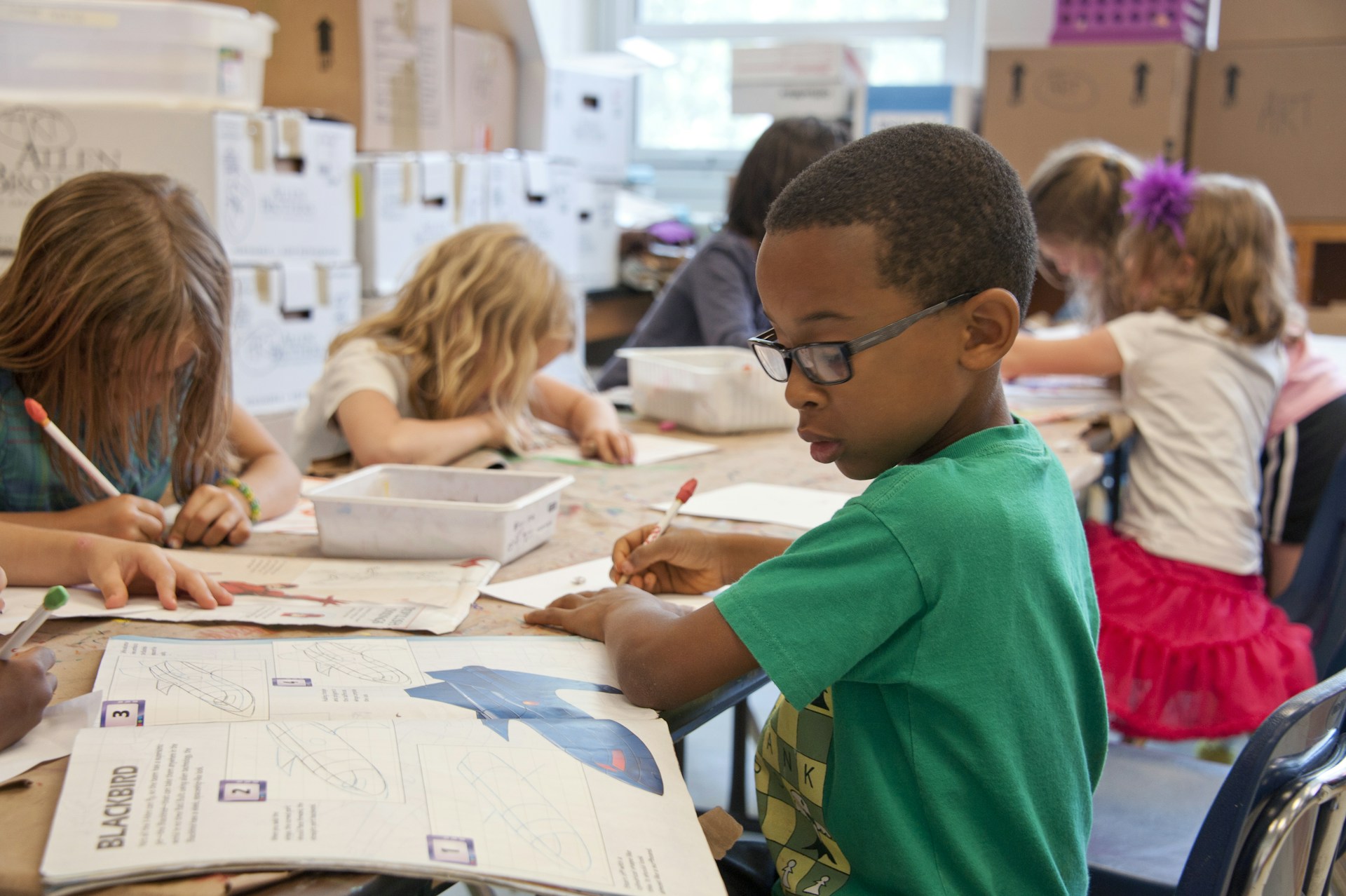The theme for the 2024 International Day of Education (24 January) as set by UNESCO was “the crucial role education and teachers play in countering hate speech”. The UN observes that there has been of late an “alarming rise of discrimination, racism, xenophobia, and hate speech. The impact of this violence transcends any boundary based on geography, gender, race, religion, politics, offline and online.”
Is the answer to this more responsible citizenship? Or generally more respectful living? More important, how can education help combat this? Here are three key reasons why the long-term solution can lie in education.
UN Document 42 C
The widely-held belief that education can promote international and cross-cultural understanding is not new. In fact, the current theme finds its origins in a 1973 document by the UN, now revised which states that education is an inalienable human right and presents it in the context of promulgating a “culture of peace” first defined in the UN Declaration and Programme of Action on a Culture of Peace.
It has been the core belief of the UN that countries must ensure everyone is “equipped and empowered with the knowledge, skills, including socio-emotional skills, values, attitudes and behaviours needed for effective participation in democratic decision-making processes” which includes individual and collective actions at community, local, national, regional and global levels that advance peace and promote international understanding, cooperation, poverty eradication and tolerance.
History has a lot to teach us
As Gorge Santayana’s famous quote goes, “Those who cannot learn from history are doomed to repeat it.” Mankind has made several mistakes in the past and those generations, and the ones immediately after them, have in fact learnt from those mistakes. Over time, though, the effectiveness of these lessons wear off. Over generations we forget our mistakes. And we make the same mistakes again. It is important to learn from those mistakes—and from our many strengths and the primary means of achieving this is through teaching history.
The EU, for example, introduced a transnational and European dimension into school textbooks which had, so far, been primarily nation-centric. History taught by positioning other countries as villains achieves nothing. History taught as international co-operation, recognition and mutual respect can imbue in students a lifelong appreciation for the interdependence that is so central to our communities on local, national and international scales.
Never too young to learn
Finland takes an incredibly proactive approach to teaching its students how to identify, handle and stifle misinformation. The world of misinformation and fake news is poised not to be an outlier but a central aspect of the world in which at least the next few generations will grow. It is therefore important to prepare them young to think independently and reason for themselves to better understand everything they come across.
“Children’s and young people’s extremism,” says the Finnish National Agency for Education, “must be faced in their own world, before it develops into networks and movements in the world of adults.”
Children are impressionable but, at the young age when they enter the education system, they are not yet prejudiced. Spending their day in a diverse environment, exposed to realities and prepared to deal with them, will make them accepting of differences in race, gender, culture, language and more. This recognition, born out of the intimate lived knowledge that everyone is different yet alike can nip hate speech in the bud. It can also help them go on to instinctively identify and call out hate speech or, at the very least, cut off its flow when they come across it.
The 2024 theme for the International Day of Education is an apt one and an urgent necessity. If we can all show one other person, through education and experience rather than instruction, the value in going out of our way to counter hate speech, we can each help build a more inclusive, pluralistic and safe community for us all.
